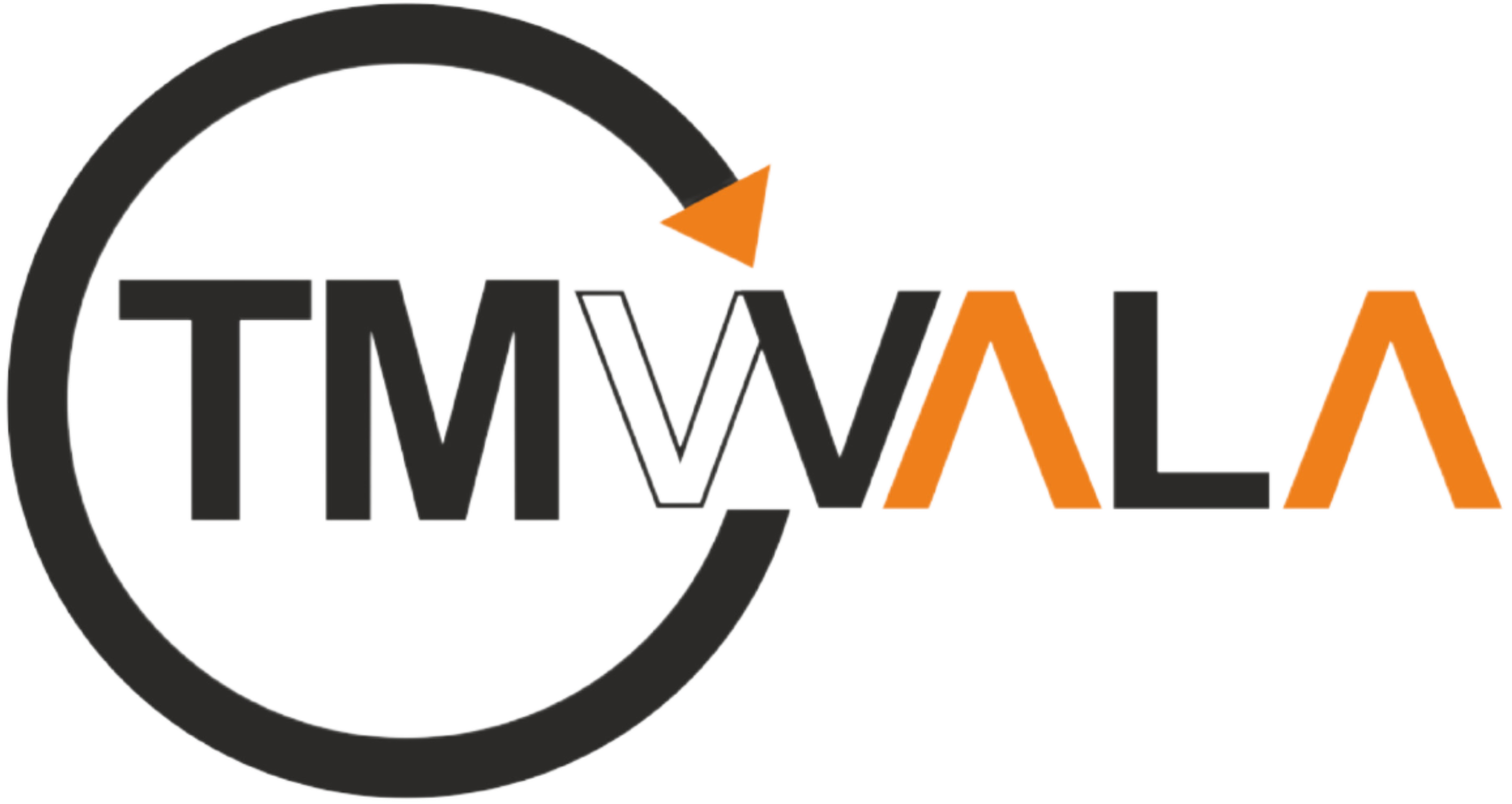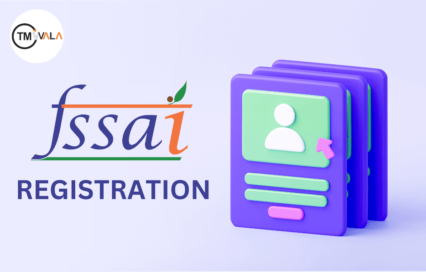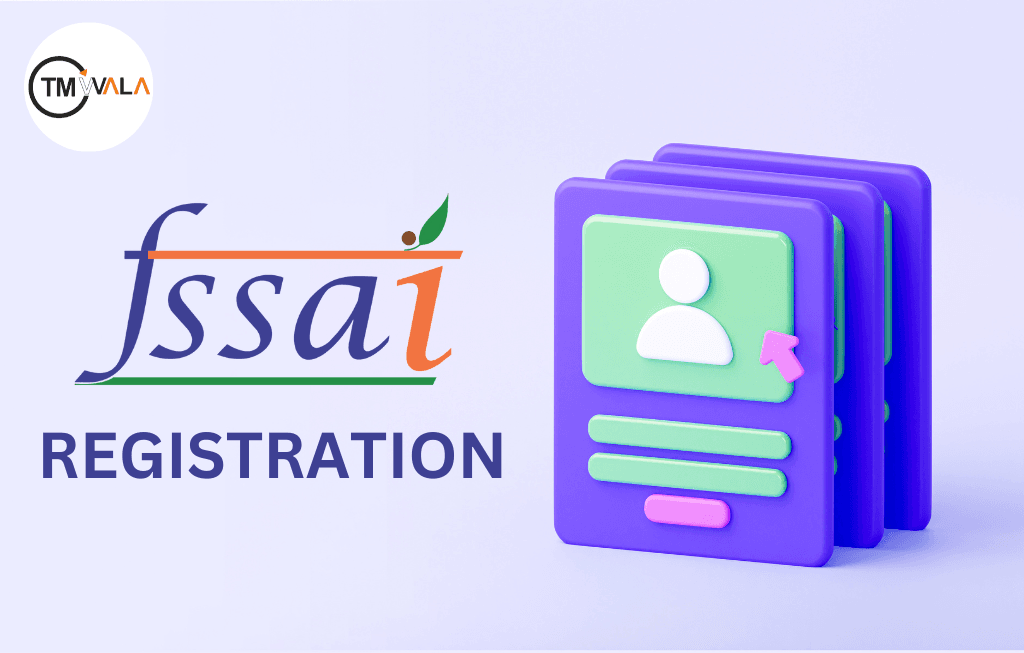What is FSSAI?
The Ministry of Health and Family Welfare, Government of India, established the Food Safety and Standards Authority of India (FSSAI) as an independent organization in accordance with the Food Safety and Standards Act, 2006. By strict rules and regulations, it seeks to guarantee the public’s food’s safety and quality.
To ensure the availability of healthy and safe food, FSSAI oversees the production, storage, sale, and importation of food goods in addition to setting science-based standards for them. Two main methods are used to do this: FSSAI Registration and FSSAI License. To ensure compliance with food safety rules, larger organizations and manufacturers must obtain an FSSAI License, while small food businesses must register with the FSSAI.
What are FSSAI License and FSSAI Registration?
The FSSAI License and FSSAI Registration are the two main methods used by the Food Safety and Standards Authority of India (FSSAI) to guarantee food safety and quality. Larger food business operators (FBOs) must obtain an FSSAI license, which entails having a 14-digit registration number posted on all food packaging and business property. This license guarantees adherence to strict guidelines, avoiding food adulteration and upholding premium standards.
On the other hand, small-scale food enterprises including vendors, hawkers, and small-scale retailers must register with the FSSAI in order to operate. It also denotes conformity to fundamental safety and sanitary standards and requires a 14-digit registration number for identification. In order to promote consumer health, any organization engaged in the production, distribution, storage, or transportation of food in India must have an FSSAI license and be registered. and commercial legitimacy.
What is the Difference between FSSAI Registration and FSSAI License?
| Particulars | FSSAI Registration | FSSAI License |
| Turnover Limit | Businesses having an annual turnover not exceeding Rs.12 lakh | Companies having an annual turnover of more than Rs.12 lakh |
| Types | Basic Registration | FSSAI Central License and FSSAI State License |
| Size of Business | Petty food business operators | Medium and large-sized food business operators and food businesses |
| Duration | Duration depends on the applicability of the registration | Issued for a period of a minimum of one year and a maximum of five years |
| Application | Form A | Form B |
| Fees for Registration/License | Fixed at Rs.100 per year. | It varies from Rs.2000 to Rs.7500 per year, depending on the criteria and type of license. |
| Publication | The FBO should display the FSSAI registration on the office premises, and the registered number should be displayed on the product package. | The exporter, importer, traders, and producers have to mandatorily publish the FSSAI license number on the package of the products. |
What are the Benefits of FSSAI Registration and FSSAI License?
Advantages of FSSAI registration:
- Legal Compliance: Makes sure that laws and statutes pertaining to food safety and cleanliness are followed.
- Increased Customer Trust: Customers are more likely to believe that food goods are of a high standard and are safe when the FSSAI Registration number is shown.
- Business Expansion: Provides access to a wider market and helps businesses expand by satisfying regulatory criteria.
- Quality Assurance: Promotes adoption of food safety management practices, thereby ensuring consistent quality assurance in food processing.
- Brand Reputation: Upholding strict hygienic and safety regulations enhances a brand’s reputation and market image.
Advantages of FSSAI License:
- Legal Requirement: It is essential for all food-related enterprises in India to uphold food safety regulations and conduct business lawfully.
- Consumer Trust: Customers are more confident in the quality and safety of food products when they see the FSSAI mark on products.
- Hygiene Standards: Enhances overall operating standards by guaranteeing tight adherence to cleanliness and hygiene requirements.
- Access to Knowledge: Enables ongoing safety standard improvement by giving users access to industry studies and knowledge-sharing platforms.
- International Standards: Assists in bringing food products into compliance with global standards for food safety and facilitates their import and export.
- E-commerce Compliance: Required for selling food products online, ensuring legal compliance and consumer safety in the digital marketplace.
- Laboratory Standards: Establishes requirements for certified laboratories’ quality control, guaranteeing the precision and dependability of tests in accordance with global norms (ISO 17025).
- Investment Attraction: Thanks to increased credibility and regulatory compliance, it makes it easier to obtain cash from investors.
What are the Consequences for Conducting Business Without an FSSAI Registration?
Implications of Functioning Without an FSSAI License:
- Legal prerequisite: The Food Safety and Standards Act of 2006, Section 63, mandates that an FSSAI License be obtained by any food business. There could be harsh consequences if you operate without one.
- Serious Penalties: If discovered conducting business without a current FSSAI license, there might be a fine of up to Rs. 5 lakhs or a six-month jail sentence. The purpose of these sanctions is to guarantee that food safety regulations are followed and to discourage noncompliance.
- Impact on corporate: Lack of an FSSAI License reduces consumer trust and corporate credibility. It makes it more difficult to grow operations and may give the market a bad impression.
- Legal dangers: Failure to abide by FSSAI standards may have detrimental effects on the reputation and long-term survival of the company, among other legal dangers.
- Limited Market Access: Food enterprises are not allowed to participate in some markets, such as online sales and government tenders that demand adherence to food safety regulations, unless they hold an FSSAI License.
- Customer faith: Gaining the faith and confidence of customers regarding the quality and safety of food goods might be challenging if one does not hold an FSSAI license.
What are the Documents required for FSSAI Registration
The aforementioned paperwork is required for FSSAI registration:
- AADHAAR
- PAN
- voter ID
- And other government-issued photo IDs are examples of the food business operator’s photo ID.
- Evidence of the address used for business activities (needed if the address is different from the one on the photo ID card).
What are the Steps for Online FSSAI Registration?
- Visit FSSAI Website: Go to https://www.fssai.gov.in/.
- Create an Account: Register with your email and mobile number.
- Login: Use your credentials to access the portal.
- Choose Registration Type: Select Basic, State, or Central License based on your business size.
- Fill Application Form: Enter business details and food category information.
- Upload Documents: Provide identity proof, address proof, and business documents.
- Pay Fees: Complete payment online.
- Submit Application: Review and submit the application.
- Track Status: Monitor progress via the portal.
- Receive Registration Number: Upon approval, get your FSSAI registration number.
- Validity and Renewal: Note validity period and renew as necessary.
What are the Steps for Online FSSAI license?
- Visit FSSAI Website: Go to https://www.fssai.gov.in/.
- Register: Create an account using your email and mobile number.
- Login: Access the portal with your credentials.
- Choose License Type: Select Basic, State, or Central License based on your business size.
- Fill Application: Enter business details and upload required documents.
- Pay Fees: Complete the payment online.
- Submit: Review and submit your application.
- Track Status: Monitor application progress on the portal.
- Receive License: Upon approval, receive your FSSAI license digitally or physically.
- Validity and Renewal: Note the license validity period (1-5 years) and ensure timely renewal.
Frequently Asked Questions
How long does it take to get an FSSAI license after applying online?
The processing time varies, but typically, it takes around 30-60 days for the license to be issued after submission of a complete application.
What is the validity period of an FSSAI license?
The validity ranges from 1 to 5 years, depending on the type of license obtained. It’s important to renew the license before it expires to maintain compliance.
What are the penalties for operating a food business without an FSSAI license?
According to the Food Safety and Standards Act, businesses operating without a valid FSSAI license can face heavy fines and penalties, including imprisonment in severe cases.
Can I apply for an FSSAI license if my business operates in multiple states?
Yes, businesses operating in multiple states need to obtain a Central FSSAI license, which allows them to operate across India.
Do I need an FSSAI license for home-based food businesses?
Yes, even home-based food businesses must obtain an FSSAI registration or license, depending on the scale of operations and turnover.
Can I check the status of my FSSAI license application online?
Yes, applicants can track the status of their FSSAI license application through the FSSAI portal using their login credentials.
What are the different types of FSSAI licenses available?
There are three types: Basic License (for small businesses), State License (for medium-sized businesses), and Central License (for large businesses or those involved in import/export)















